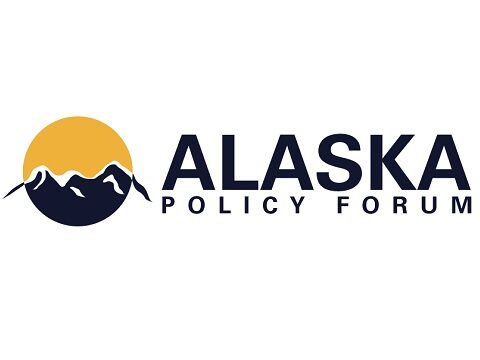Think tanks have a First Amendment right to educate the public about their views and advocate for the policies they believe are best. States cannot use campaign finance laws to restrict this advocacy. Yet a recent ruling by the Alaska Public Offices Commission (APOC) does exactly that.
Alaska Policy Forum (APF) is a nonprofit think tank whose mission is to “empower and educate Alaskans and policymakers by promoting policies that grow freedom for all.”
In 2020, APF began examining the policy of ranked-choice voting and engaged in the basic work of a think tank – determining what effects the policy has had elsewhere and communicating its findings to the public. APF authored a report on ranked-choice voting and issued a press release to promote it. APF also posted on their web forums content from other people and organizations who shared their views, including a YouTube video and an op-ed that had appeared in a local newspaper.
Around the same time, Ballot Measure 2 was approved to appear on the November 2020 ballot in Alaska. That measure proposed a ranked-choice voting law, among other provisions. Its supporters filed a complaint with the Alaska Public Offices Commission, the state’s enforcer of campaign finance laws, alleging that APF’s communications were illegal advocacy against Ballot Measure 2.
That complaint should have been dismissed. None of APF’s communications even mentioned Ballot Measure 2. Most made no reference to the upcoming election at all, and several were re-posted content aimed at a national audience.
Nevertheless, based on the educational materials that APF published on ranked-choice voting, the Commission ruled that APF had campaigned against Ballot Measure 2. It ordered the think tank to publicly expose its donors, file reports with the state, and include campaign-style disclaimers on its communications, just like a political action committee.
Making matters worse, Alaska’s campaign finance laws have no monetary thresholds to protect groups that engage in small amounts of spending, nor do they have any donor reporting thresholds to shield small donors. A group that spends even one dollar on regulated advocacy must expose all of its donors, even those who give just one penny. The state’s laws are among the worst in the nation for political speech.
Fortunately, the First Amendment provides strong protection to speech about issues and public policy. APOC’s ruling is at odds with Supreme Court precedent that communications like APF’s can only be regulated as campaign advocacy if they are susceptible to no other reasonable interpretation than as a call to vote. APF’s speech about issues, without reference to the measure or the upcoming election, does not come close to meeting that test.
The Institute for Free Speech is fighting for APF’s right to speak about issues without being forced to expose its supporters, as it appeals APOC’s outrageous ruling in court.














